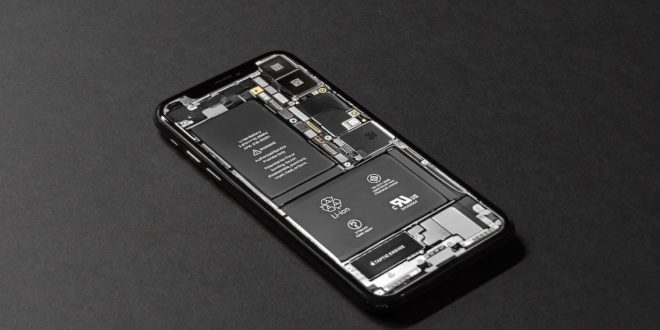Published with permission from Vero Insurance New Zealand
Lithium ion – or Li-ion – batteries are becoming ubiquitous in New Zealand homes and businesses. They’re widely used to power everything from mobiles and laptops to power tools, e-bikes, scooters and motor vehicles.
Li-ion batteries are generally safe, but if they are mistreated or used incorrectly, they can catch fire or explode.
Luckily, it’s easy to reduce the risk these batteries pose to you and your property by taking a few simple steps.
About Lithium ion batteries.
Li-ion batteries are a type of rechargeable battery widely used because they store a lot of energy for their size, lose little of their storage capacity through recharging and lose minimal charge when not in use.
They consist of a series of cells that store and discharge energy through an electrochemical reaction between lithium compounds and other chemicals – usually graphite, lithium salt and a flammable solvent. Within the battery the cells are separated by a divider which protects each cell from damage.
They are usually equipped with mechanical and electronic safety mechanisms to protect against overcharging, overheating and over-pressure in the cells. But it’s important to remember that lithium is highly reactive and flammable, and it can present a fire risk if the battery leaks.
Li-ion batteries are found in, among other things:
- Mobile phones and tablets
- Laptops
- Cameras
- Drones
- Portable power tools and gardening equipment
- Electric bikes, scooters and skateboards
- Electric vehicles
When can Li-ion batteries be a risk?
There are a few situations that can cause an Li-ion battery to leak, catch fire or explode. These include:
- The battery being overheated or over-charged
- An internal short circuit due to damage to the cells within the battery pack
- External short circuits caused by faulty wiring or battery terminals in contact with metallic items during storage or transport
If your Li-ion battery has any of the following symptoms, stop using it immediately, keep it away from combustible and flammable materials.
- Excessive overheating
- Strange odour or noises
- Leaking
- Change in colour or shape
Steps to keep your Li-ion batteries safe
Make sure you follow the manufacturer’s instructions for safe use.
Only use the batteries and equipment (including chargers) provided by the equipment vendor. Third party batteries or chargers could be of a lower quality, lack safety features or cause overcharging. In addition;
- Don’t place charging batteries on anything that could catch fire, including soft combustible furniture
- Don’t expose your batteries to fire or excessive heat, or allow them to get wet.
- Store at room temperature and away from direct sunlight
- Don’t carry or store batteries with metal items to prevent short circuiting between the battery terminals
- Protect your battery from strong impacts or sharp objects – for example don’t drop them or carry with other items inside a toolbox. It might not be obvious, but this could damage the protective circuits or dividers within the battery
- Ensure you install the battery correctly (don’t reverse the polarity)
Although they are generally safe, Li-ion batteries do represent a fire risk, so it’s a good idea not to charge devices like mobile phones in your bedroom at night – you may be placing yourself at risk.









Join the Discussion
Type out your comment here:
You must be logged in to post a comment.